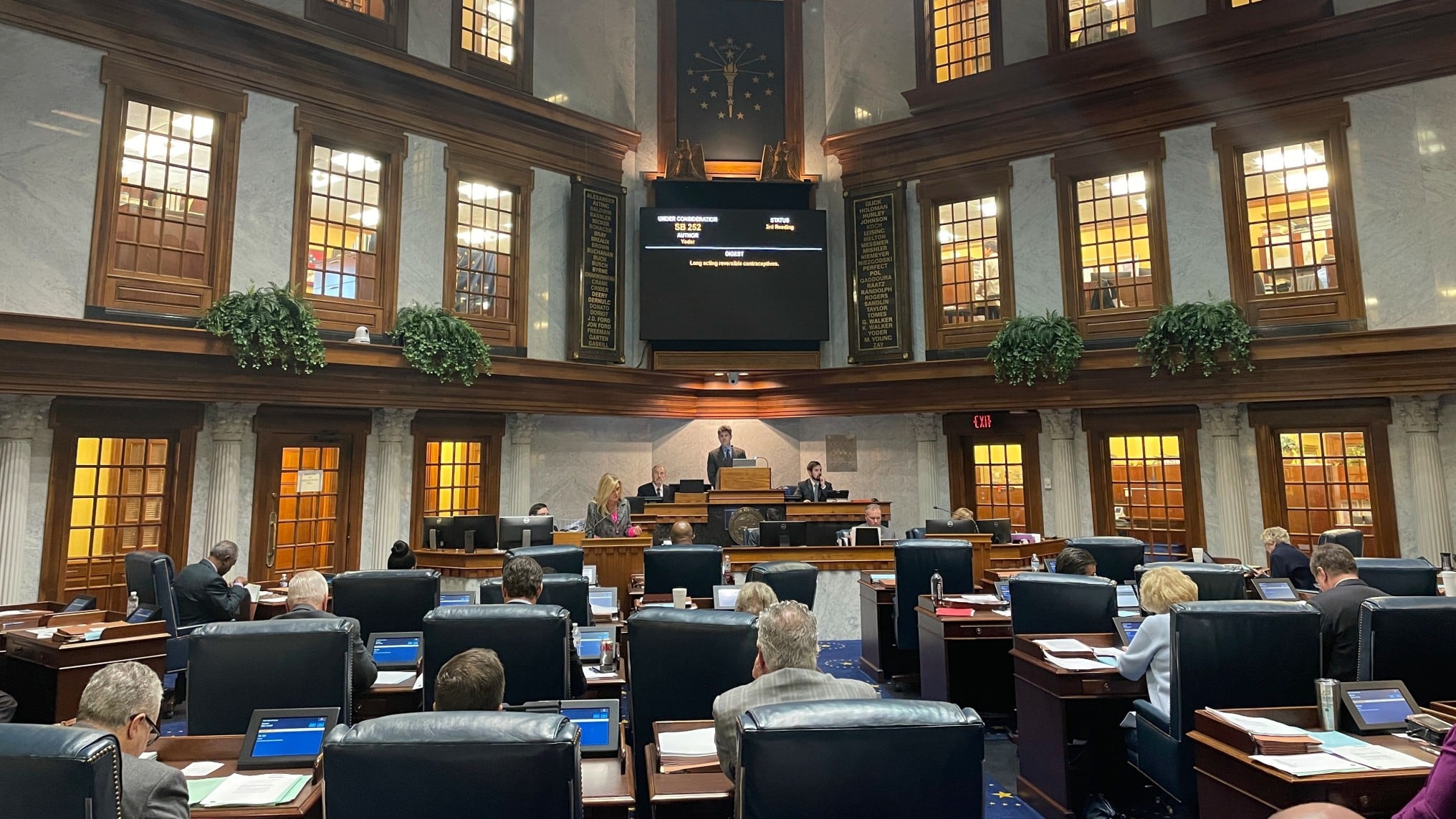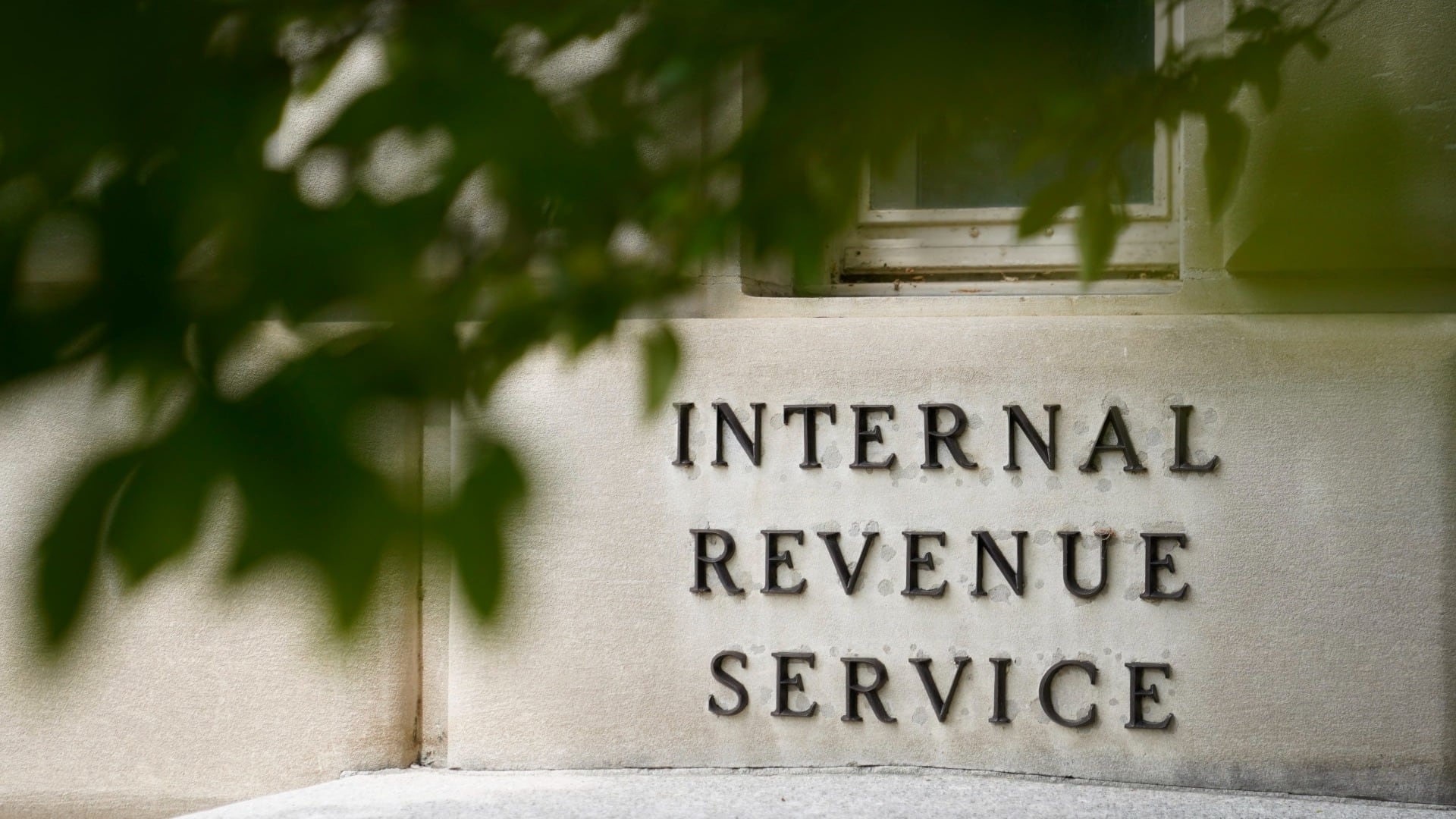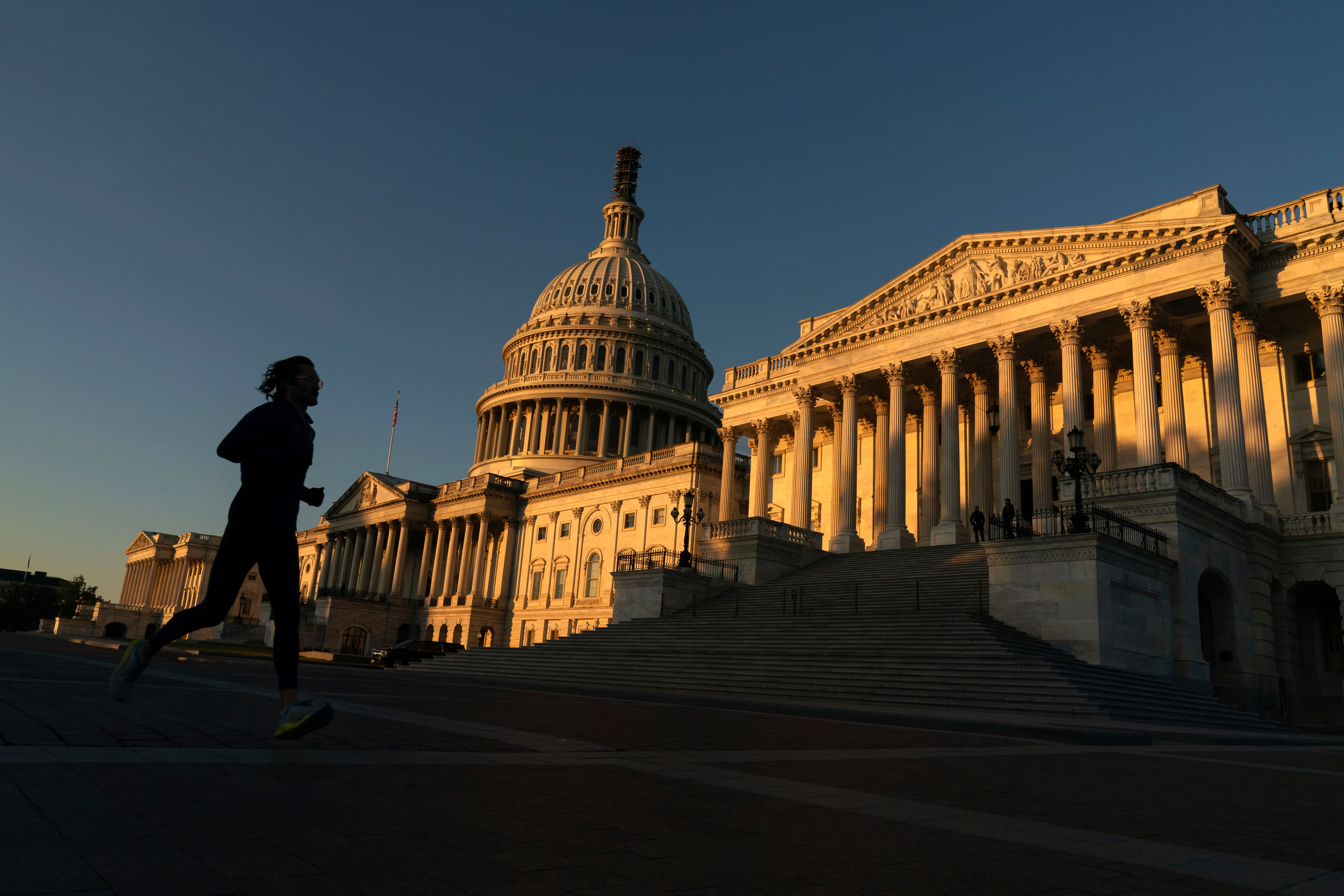By Ellen Knickmeyer and Lisa Mascaro
As a cease-fire ticked down last week and Israel prepared to resume its round-the-clock airstrikes, Sen. Bernie Sanders and a robust group of Democratic senators had a message for their president: They were done “asking nicely” for Israel to do more to reduce civilian casualties in Gaza.
Lawmakers warned President Joe Biden’s national security team that planned U.S. aid to Israel must be met with assurances of concrete steps from Israeli Prime Minister Benjamin Netanyahu’s hard-right government.
“The truth is that if asking nicely worked, we wouldn’t be in the position we are today,” Sanders said in a floor speech. It was time for the United States to use its “substantial leverage” with its ally, the Vermont senator said.
“And we all know what that leverage is,” he said, adding, “the blank-check approach must end.”
With Biden’s request for a nearly $106 billion aid package for Ukraine, Israel and other national security needs hanging in the balance, the senators’ tougher line on Israel has gotten the White House’s attention, and that of Israel.
Lawmakers of both major political parties for decades have embraced the U.S. role as Israel’s top protector, and it's all but inconceivable that they would vote down the wartime aid. The Democratic lawmakers are adamant that’s not their intent, as strong supporters of Israel’s right of self-defense against Hamas. But just the fact that Democratic lawmakers are making that link signals the fractures in Congress amid the daily scenes of suffering among besieged Palestinian civilians.
Sanders and the Democratic senators involved say they are firm in their stand that Israel's military must adopt substantive measures to lessen civilian deaths in Gaza as part of receiving the supplemental's $14.3 billion in U.S. aid for Israel's war.
The warning from friendly Democrats is a complication for the White House as it faces what had already been a challenging task of getting the supplemental aid bill through Congress. Some Republicans are balking at the part of the bill that provides funding for Ukraine's war against Russia, and the funding for Israel was supposed to be the easy part.
The demand is a warning of more trouble ahead for an Israeli government that's often at odds with the U.S. in its treatment of Palestinians.
“There’s a big difference between asking and getting a commitment" from Netanyahu's government on a plan to reduce civilian casualties and improve living conditions in Gaza, Maryland Democratic Sen. Chris Van Hollen told The Associated Press. Van Hollen has been one of the key senators huddling with administration officials on the demands.
“So our goal is to achieve results," Van Hollen said. “And not just set expectations."
Following the senators' warning, the Biden administration has upped its own demands to Israel since late last week, insisting publicly for the first time that Israeli leaders not just hear out U.S. demands to ease civilian suffering in Gaza, but agree to them.
Over the weekend, as an end to the cease-fire brought the return of Israeli bombardment and Hamas rocket strikes, the Israeli military said it had begun using one measure directed by the Biden administration: an online map of Gaza neighborhoods to tell civilians which crowded streets, neighborhoods and communities to evacuate before an Israeli attack.
Heavy bombardment followed the evacuation orders, and Palestinians in the Gaza Strip said they were running out of places to go in the sealed-off territory. Many of its 2.3 million people are crammed into the south after Israel ordered civilians to leave the north in the early days of the war, which was sparked by the Oct. 7 Hamas-led attack in Israel that killed about 1,200 people, mostly civilians.
The health ministry in Hamas-run Gaza says more than 15,500 Palestinians have been killed, with 70% of them women and children.
Israel intensified its bombardment in and around Gaza's second-largest city — Khan Younis — early Tuesday, as ambulances and private cars came racing into a local hospital carrying people wounded in a bloody new phase of the war
At the Nasser Hospital in Khan Younis, ambulances brought dozens of wounded people in throughout the night. At one point, a car pulled up and man emerged carrying a young boy in a bloody shirt, whose hand had been blown off.
“What’s happening here is imaginable,” said Hamza al-Bursh, who lives in the neighborhood of Maan, one of several in and around the city where Israel has ordered civilians to leave. “They strike indiscriminately.”.
On social media, Sanders repeated his call for an end to blank checks for Israel as Israeli forces returned to heavy bombing after the cease-fire.
While Secretary of State Antony Blinken said more measures were coming besides the online map, it wasn't clear if any would lessen civilian deaths or satisfy administration and lawmaker demands.
Israel is the top recipient of U.S. military aid over time.
Trying to attach strings to U.S. aid to Israel isn't unheard of, for Congress or for U.S. presidents. Ronald Reagan, for instance, repeatedly suspended or threatened suspensions of fighter jet deliveries to Israel over its military incursions in the region in the 1980s. This time, though, is notable since it is being discussed in a Democratic-controlled Senate.
National security adviser Jake Sullivan and other White House officials huddled with the Senate Democrats over the warning. Israeli diplomats and military officials also rushed to stem such a move, hosting lawmakers for repeated viewings of video of Hamas atrocities on Oct. 7 to make the case for the U.S. military aid.
Netanyahu’s coalition has weathered calls in the past from advocacy groups and individual lawmakers. Objections concerned Palestinian civilian deaths in past Israeli wars against Hamas.
Biden from the start adopted what came to be called his “bear-hug” approach to the Israeli leader — embracing him publicly, and saving any U.S. appeals for changed behavior for private discussions. But when Biden told reporters on Nov. 24 he thought conditioning military aid to Israel was a “worthwhile thought,” it helped the proposal gain traction among administration-friendly Democratic senators.
Sanders and the Democrats haven't specified what form the conditions could take, as talks continue. Several Democratic senators contend no additional law is necessary. They say existing U.S. law already mandates that countries receiving U.S. military aid heed human rights concerns.
Some Senate Democrats express dislike of the use of the term conditions and depict their action as more of a determination to influence an outcome.
No matter what, "we’re going to do a robust aid package for Israel," said Sen. Tim Kaine, a Virginia Democrat. “But it’s got to be consistent with humanitarian aid, and also efforts to reduce the suffering of Gazans who aren’t part of Hamas.”
Najib Jobain reported from Khan Younis. Associated Press writer Stephen Groves contributed.
Updated at 5:48 a.m. ET Dec. 5 with the report from Khan Younis, southern Gaza.













